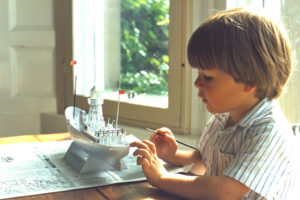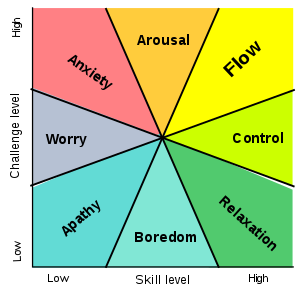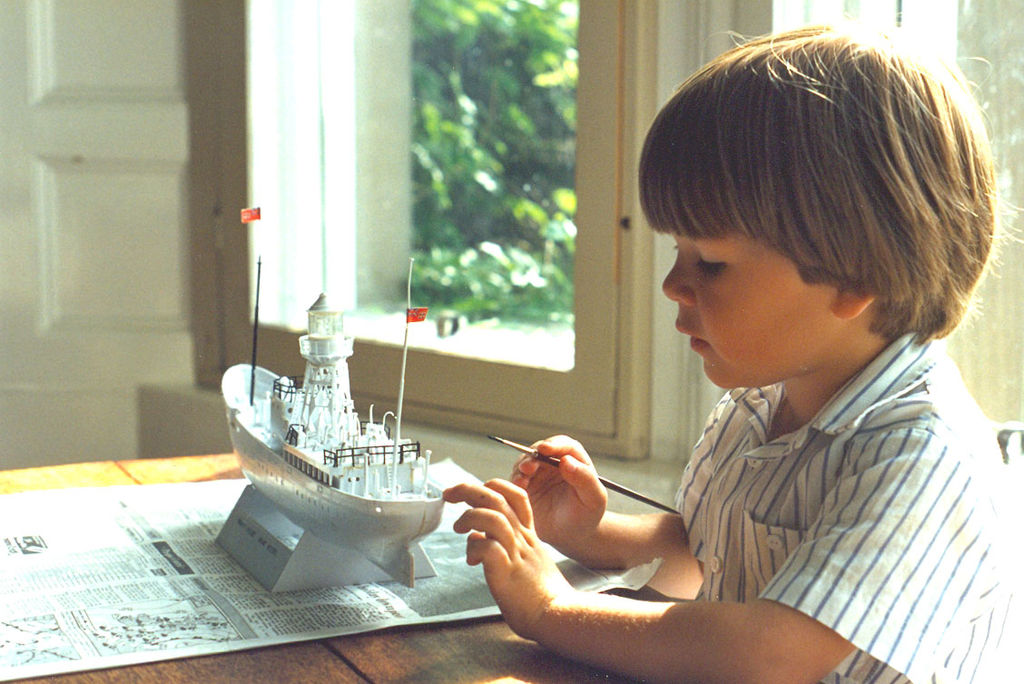Think of the last time you were doing an activity that had your undivided attention.
Did it have you completely engrossed?
Were you so absorbed in the activity at hand that you were unaware of what was going on around you?
Were all the thoughts running in your head related solely to the task at hand?

If these events have taken place at any point in your life, you’ve experienced a state of Flow. We usually reach a state of Flow when we’re doing an activity that we really love. It is a pleasant experience that leaves us feeling calm, happy and oblivious of anything else happening around till this state lasts. A state of flow does wonders when it comes to making us more productive as well as more creative. Psychological flow is also often referred to as “being in the zone” while doing something. It could be achieved while running, working, reading, swimming, painting…the list is endless. Virtually any activity that we love has the ability to take up 100% of our attention. It is something that gives joy at the same time. Your whole self is involved in carrying out one single activity and you have no other worry in the world.
A lot of research has been done for psychological flow in the last few decades. Usually, the Flow state is brought about when an individual is working on a task that is the perfect match for his or her calibre and skill. It is not too tough but also not exceedingly simple. Further, the individual normally receives feedback on his or her progress instantly. There is complete concentration towards the concerned task or activity.
Now that you know all about the state of flow, you’re probably wondering if one can consciously try to bring about this pleasurable state at any given time. Can it be created? Can it be controlled? After all, a state of flow can help us in making our lives better and more peaceful.
To achieve a state of flow, there needs to be a suitable challenge to skill ratio. Both factors need to be at a high level. This means that our skill at doing a particular activity needs to be high or above average, along with the challenge that the activity poses.

However, flow is achieved differently by all of us. For some, flow is when they’re solving challenges creatively and putting their mind to use. For others, it could mean a yoga practice where they’re absorbed in every pose they do. It could be a rush of adrenaline during a run for some people or a zen state of mind during meditation. For an artist, the time spent in front of the canvas could bring about flow. So, it is a very personal experience that is different for each one of us.
Flow is often related to bringing about instant joy as well as a sense of achievement. Given that it also lowers our self- consciousness, it makes us feel happier and more positive.
Today, the concept of flow is often put to use by marketers, game designers, advertisers, and professionals in other domains that focus profoundly on User Experience.
If you would like to use the concept of flow in your own life, you need to try hard to focus your concentration on one task instead of multi-tasking. Further, you need to have precise short-term goals. Keep in mind the challenge to skills ratio too.
All in all, the psychology of flow can be helpful in many domains. It requires introspection and study but can majorly help you if you want your life to have more positive and enriching experiences.

